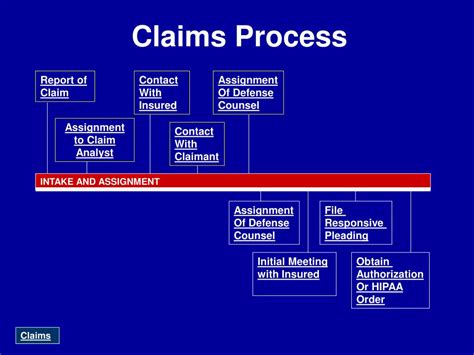PPD Award: Understanding the Claim Process Timeline
The Personal Protection Disability (PPD) award, often a crucial safety net during times of unexpected illness or injury, can be complex to navigate. Understanding the claim process timeline is key to a smooth and successful claim. This article breaks down the typical stages involved, addressing common questions and offering insights to help you through this potentially challenging period.
What is a PPD Award?
Before diving into the timeline, let's clarify what a PPD award entails. A PPD award is a benefit paid to an individual who becomes unable to work due to a covered disability. The specific terms and conditions vary widely depending on the insurance provider and the individual policy. Some policies offer a lump-sum payment, while others provide ongoing monthly payments for a specified period. Eligibility criteria often include the severity and duration of the disability, as well as the existence of a pre-existing condition.
The Typical Claim Process Timeline: A Step-by-Step Guide
The timeline for a PPD claim can vary significantly depending on several factors, including the complexity of the case, the insurer's processing speed, and the availability of necessary documentation. However, a general timeline might look like this:
1. Reporting the Claim (Initial Notification): A Few Days to a Week
The process begins with you formally notifying your insurance provider about your disability and your intent to file a claim. This often involves completing an initial claim form and providing basic information about your condition. The quicker you report your claim, the sooner the process can begin.
2. Initial Review and Request for Documentation: 1-4 Weeks
After your initial notification, the insurer will begin reviewing your claim. This stage often involves requesting additional documentation to support your claim. This might include medical records, doctor's notes, employment records, and any other relevant information demonstrating the extent and duration of your disability.
3. Medical Examination/Review: 2-8 Weeks (Sometimes Longer)
Depending on the nature of your disability and the insurer's requirements, a medical examination by a physician chosen by the insurer may be required. This examination serves to independently verify your condition and its impact on your ability to work. Alternatively, the insurer might review the medical documentation you've already provided.
4. Claim Assessment and Decision: 4-12 Weeks (or More)
Once the insurer has gathered all the necessary information, including medical records and potentially the results of an independent medical examination, they'll assess your claim. This involves determining whether your disability meets the criteria defined in your policy and assessing the extent of your disability.
5. Claim Approval/Denial: Immediate After Assessment
Following the assessment, the insurer will make a decision on your claim and notify you in writing. If your claim is approved, you will receive information about the payment amount and schedule. If denied, the reason for the denial should be clearly stated, along with information about the appeals process.
6. Appeals Process (If Applicable): Variable Timeline
If your claim is denied, you typically have the right to appeal the decision. The appeals process will involve submitting additional documentation or arguments to support your claim. The timeline for the appeals process can vary significantly, potentially adding several weeks or even months to the overall claim process.
Frequently Asked Questions (FAQ)
How long does the PPD claim process usually take?
The duration varies considerably, typically ranging from several weeks to several months. Factors such as the complexity of the claim, the amount of documentation required, and the insurer's processing speed all influence the timeline.
What happens if my claim is denied?
If your claim is denied, you usually have the right to appeal the decision. Carefully review the denial letter for instructions on the appeals process, and consider seeking advice from a legal professional specializing in insurance claims.
What documents do I need to support my PPD claim?
The required documentation varies depending on the insurer and the specifics of your claim, but common requirements include medical records, doctor's notes, employment records, and a completed claim form.
Can I get a lawyer to help with my PPD claim?
Yes, seeking legal advice, particularly if your claim is complex or has been denied, can be beneficial. A legal professional can provide guidance on navigating the claims process and advocating for your rights.
What if my disability is temporary?
The claim process will still generally follow the same steps, but the payout might be for a shorter duration, reflecting the temporary nature of your disability.
By understanding the typical claim process timeline and preparing necessary documentation proactively, you can significantly increase the efficiency of the PPD claim process. Remember to stay organized, maintain open communication with your insurer, and seek professional advice when needed. Navigating the PPD claim process can be challenging, but with preparation and understanding, you can improve your chances of a successful outcome.

